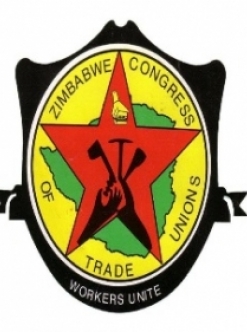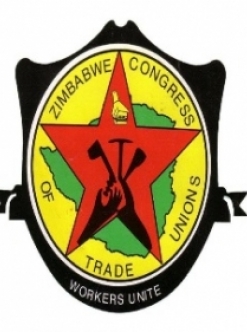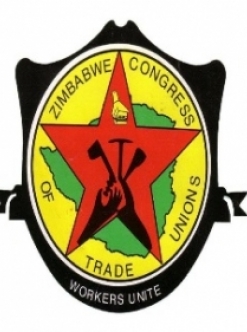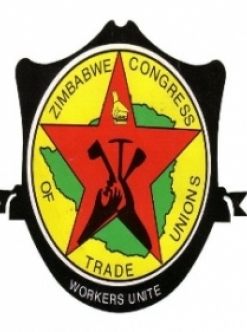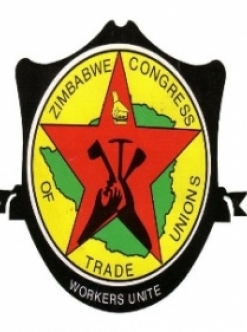Publications
COMMENTARY ON THE ZIMBABWE LABOUR BILL 2021
INTRODUCTION:
ZIMBABWE CONGRESS OF TRADE UNIONS (ZCTU)
COMMUNIQUE
This communiqué was issued by the ZCTU after a workshop on the State of the economy which was held on 16 September 2020. The workshop deliberated on the state of the economy, fiscal and monetary policies, insurance and pensions for workers, and the Global Compensation Deed. The following were the declarations:
I. STATE OF THE ECONOMY
ZIMBABWE CONGRESS OF TRADE UNIONS (ZCTU)
COMMUNIQUE
This communiqué was issued by the ZCTU after a workshop on the State of the economy which was held on 16 September 2020. The workshop deliberated on the state of the economy, fiscal and monetary policies, insurance and pensions for workers, and the Global Compensation Deed. The following were the declarations:
I. STATE OF THE ECONOMY
COVID-19 (coronavirus) outbreak, which started in China in December 2019 has now been declared a global pandemic. As at 26 March 2020, there were a total of 465,915 confirmed cases, 21,031 confirmed deaths with 200 countries, areas or territories with cases[1]. The pandemic has weighed on global economic performance, with varied in-country socio-economic impacts.
While the government, through advice from the Tripartite Negotiating Forum(TNF) declared the pandemic a national disaster and instituted measures that included:
i. Banning of all non-essential travel (excluding returning residents) and traffic, both inbound and outbound, except for movement of cargo;
ii. Ban on entertainment and recreational activities such as nightclubs, bars, beerhalls, movie houses, swimming pools, gymnasium and sporting activities;
PRESS RELEASE
RE:PAYMENT OF SALARIES OF PRIVATE SECTOR EMPLOYEES DURING LOCKDOWN
The Zimbabwe Congress of Trade Unions (ZCTU) is disturbed by reports in the media attributed to the Minister of Public Service Labour and Social Welfare Professor Paul Mavima that government will not force private sector employers to pay their workers’ salaries during the COVID-19 national lockdown.
Your attention is drawn to our communication of 25 October 2018 and updates submitted by the International Trade Union Confederation (ITUC) dated the 17th of January 2019.
We would like to add the following information for your consideration



